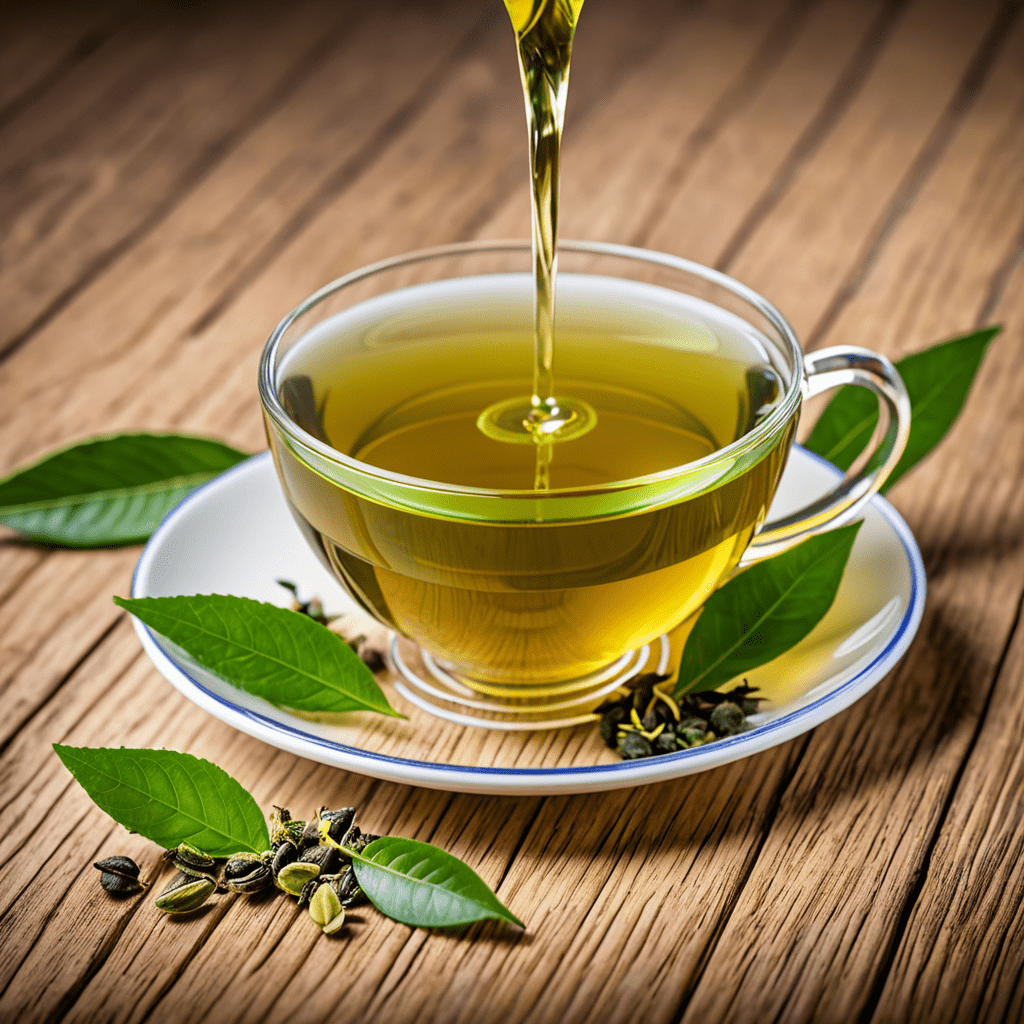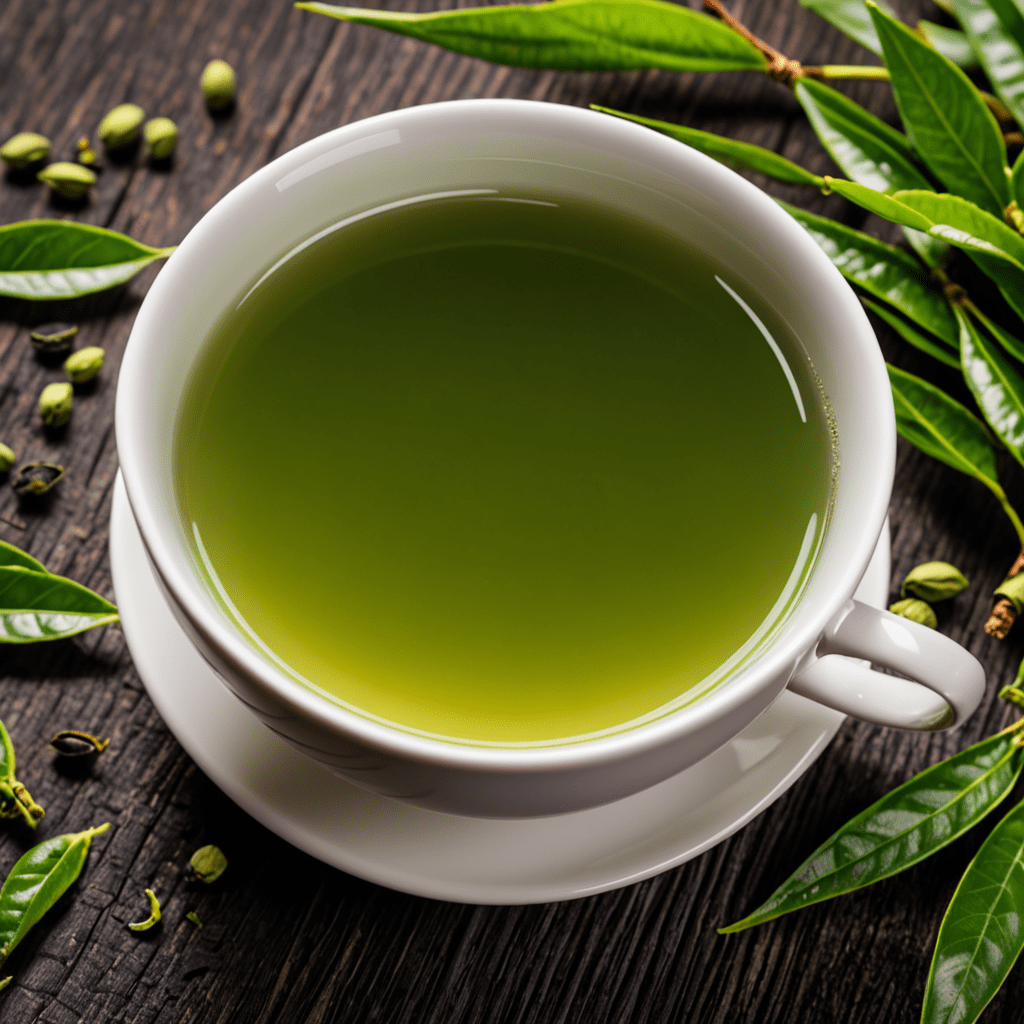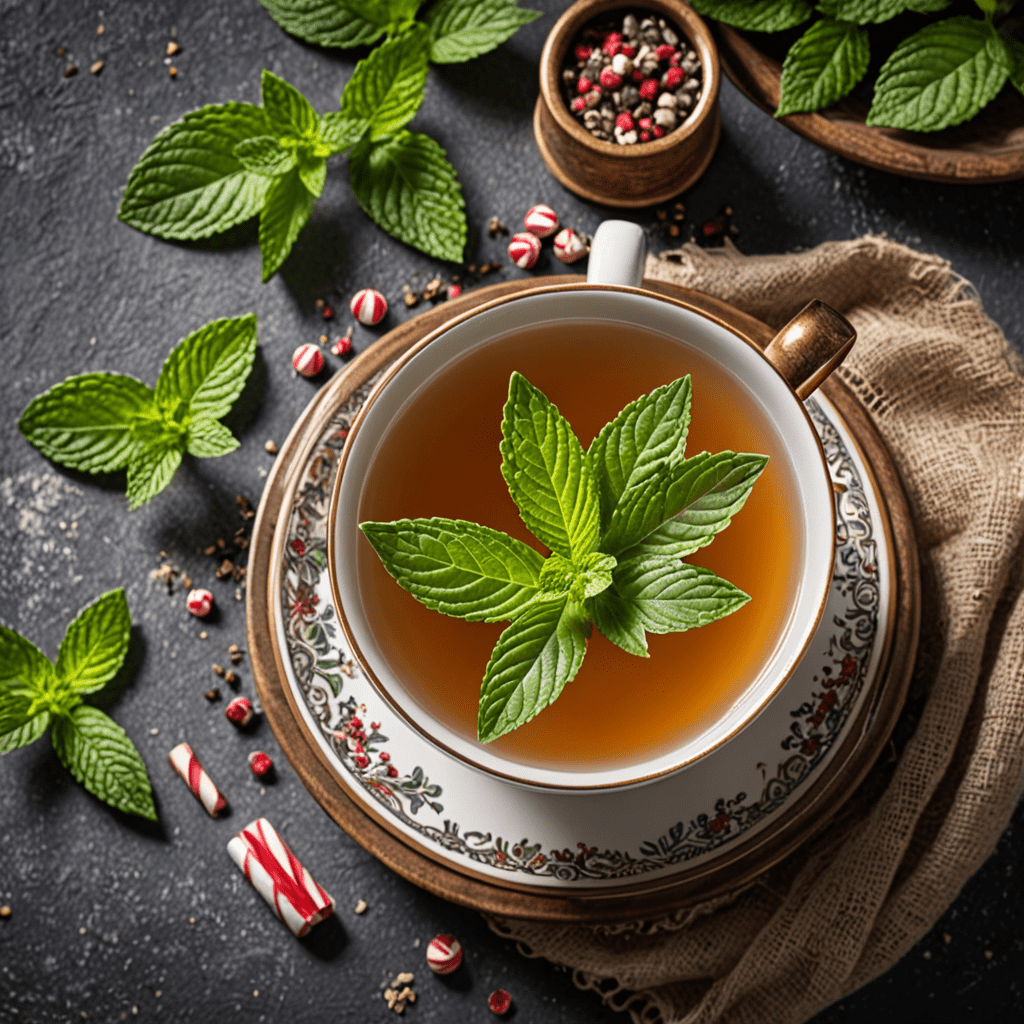Introduction: Assam Tea—A Symphony of Flavors from the Brahmaputra Valley
Assam tea, renowned for its robust, malty flavor and deep amber hue, is a symphony of flavors that has captivated tea aficionados for centuries. Originating in the verdant Brahmaputra Valley of Assam, India, this iconic beverage continues to grace teacups around the world, enchanting palates with its unique characteristics.
History and Origins: A Legacy Steeped in Tradition
The origins of Assam tea can be traced back to the 19th century, when British planters first discovered the indigenous tea plants growing wild in the region. In 1839, the first experimental tea garden was established, marking the inception of the Assam tea industry. Since then, Assam has emerged as the largest tea-producing region in India, accounting for over half of the country's tea output.
Growing Conditions and Cultivation: Nurturing the Finest Leaves
The Brahmaputra Valley, with its ample rainfall, fertile soil, and subtropical climate, provides an ideal environment for tea cultivation. Tea gardens, dotted across the rolling hills, are carefully managed to ensure the optimal growth and quality of the tea leaves. Assam teas are typically grown from the Camellia sinensis var. assamica, known for its large, robust leaves that impart a distinctive flavor profile.
Harvesting and Processing: A Delicate Dance of Time and Skill
Assam tea undergoes a meticulous harvesting process to capture the leaves at their peak of flavor. Once harvested, the leaves are withered to reduce moisture content. This process enhances their flavor and allows for easier rolling. The withered leaves are then rolled, either by hand or machine, to release their essential oils and enzymes, which contribute to Assam tea's characteristic malty notes.
Unique Characteristics and Flavor Profile: A Malty Meisterpiece
Assam tea stands out with its full-bodied, malty flavor, complemented by hints of chocolate and earthiness. Its deep amber liquor speaks to its bold character, while its strong, pungent aroma is a testament to its robust nature. Assam teas are often enjoyed with milk and sugar, which further enhance their rich flavor.
Health Benefits and Medicinal Properties: Elixir of Well-being
Assam tea is not just a delectable beverage but also a treasure trove of health benefits. Its high antioxidant content, primarily polyphenols, helps protect against cellular damage caused by free radicals. Studies suggest that regular consumption of Assam tea may reduce the risk of certain chronic diseases, such as heart disease, cancer, and diabetes. Additionally, its caffeine content provides a gentle boost of energy and alertness.
Varieties and Blends: A Plethora of Pleasures
Assam teas come in a spectrum of varieties and blends, each with its distinct character. Orthodox Assam teas, produced using traditional methods, offer a classic, full-bodied experience. CTC (Crush-Tear-Curl) Assam teas, with their smaller, granular leaves, brew quickly and produce a strong, robust liquor. Blends that combine Assam tea with other teas, such as Darjeeling or Nilgiri, offer a harmonious balance of flavors and aromas.
Cultural Significance and Tradition: A Brewed Legacy
Assam tea is deeply intertwined with the cultural heritage of the region. Tea gardens have become synonymous with Assam's identity and serve as popular tourist destinations. The tea industry has also shaped the social and economic landscape of the region, providing employment and livelihoods for countless people. Assam tea has become an integral part of local traditions and festivities, such as the Bihu festival, where it is an indispensable accompaniment to feasts and celebrations.
Tea Gardens and Tourism: A Journey into the Heart of Tea
Assam's tea gardens offer a unique opportunity to immerse oneself in the world of tea. Visitors can stroll through verdant plantations, learn about the intricate process of tea cultivation, and witness the traditional methods of tea processing. Many tea gardens also offer guided tours, tasting sessions, and workshops, providing an enriching and educational experience for tea enthusiasts and tourists alike.
Conclusion: A Timeless Classic, a Symphony of Flavors
Assam tea, with its robust flavor, rich heritage, and myriad health benefits, has earned its place as a global favorite. From its humble origins in the Brahmaputra Valley to its widespread popularity, Assam tea continues to enchant tea lovers with its symphony of flavors, leaving an enduring legacy in the world of tea.
FAQ
What is the difference between orthodox and CTC Assam tea?
Orthodox Assam tea is produced using traditional methods, resulting in larger, whole leaves that brew a full-bodied and nuanced liquor. CTC Assam tea, on the other hand, involves crushing, tearing, and curling the leaves, creating smaller, granular particles that brew quickly and produce a stronger, more robust liquor.
What are the health benefits of Assam tea?
Assam tea is rich in antioxidants, particularly polyphenols, which help protect against cellular damage. Regular consumption of Assam tea has been linked to a reduced risk of chronic diseases, such as heart disease, cancer, and diabetes, and it also provides a gentle boost of energy and alertness.
How can I enjoy Assam tea?
Assam tea can be enjoyed in various ways. It can be brewed as a standalone beverage or blended with other teas to create unique flavor profiles. Assam tea pairs well with milk and sugar, which further enhance its rich flavor, and it can also be enjoyed as a refreshing iced tea on hot summer days.


